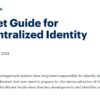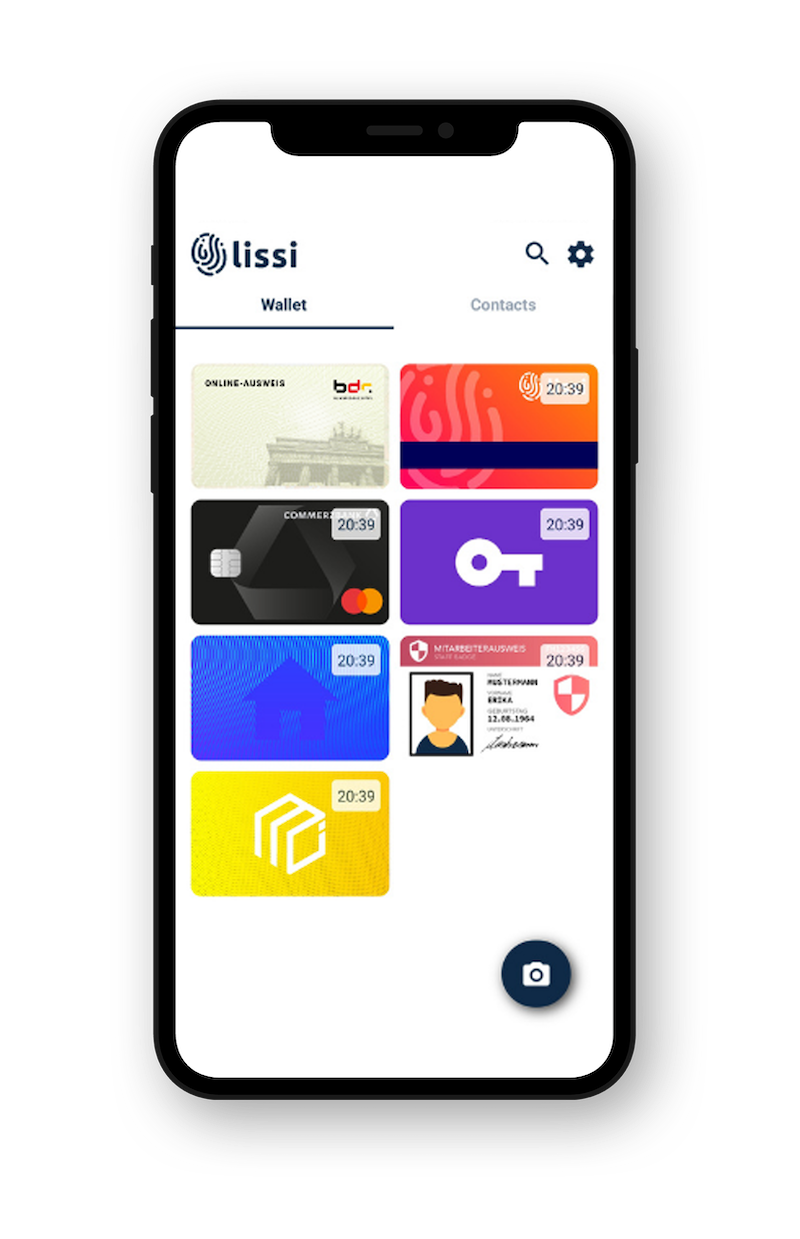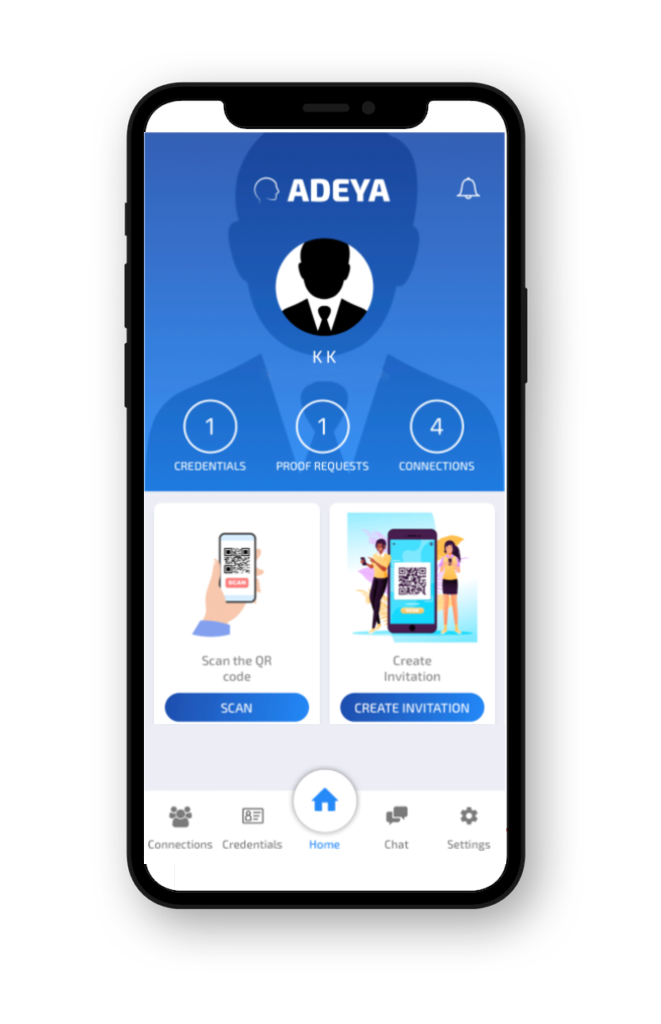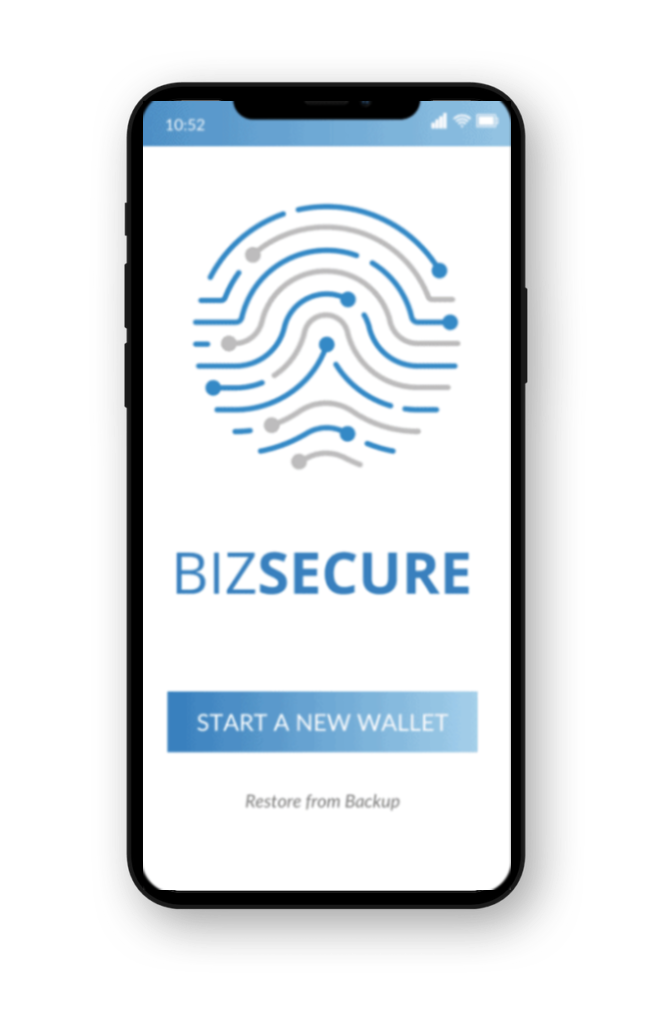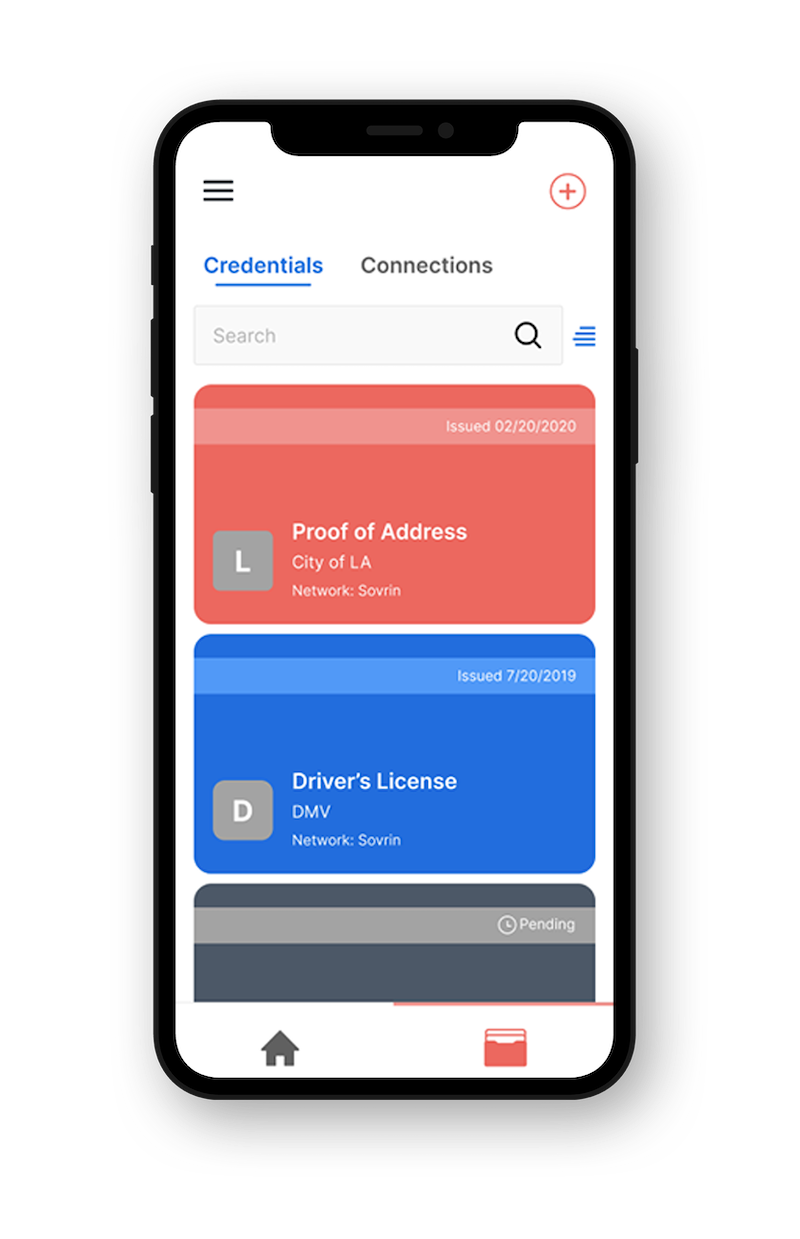We take a look at a few of the best articles on why strong digital identity will be critical as we continue to build on the internet.
By Tim Spring
A Solution Looking for a Problem? Digital ID Solves a Million of Them
I particularly liked this article because it talks about how many products look for edge use cases to try to stay relevant or increase market share, then pivots to show how this is completely unnecessary for digital identity. David G.W. Birch, a contributor to Forbes, focuses in this article on the importance of verifying specific aspects or traits that people can claim to have, saying that for most people it’s “not about proving who you are but about proving what you are,” offering, by way of an example, a pilot who lied on their resume and wasn’t caught until they had been flying for two years. Birch points out that while we are trying to implement effective digital identification, criminal gangs are now competing to control identity theft. The answer, he says, is verifiable credentials. To make confirming identity useful to the average person, we need to build a system using verifiable credentials to show that you are a board certified doctor, or a pilot, or a police officer.Until this system is in place,most other forms of online identity are susceptible to fraud.
Goodbye, physical identities: How organizations can prepare for digital identity challenges
Philipp Pointner, Chief of Digital Identity at Jumio, looks at the growing importance of digital identity and the implications for data privacy. He raises some interesting points about the increasing number of digital identity wallets being offered by states and national governments, and how, with the rise in digitalization, there are more opportunities for bad actors to acquire and misuse your information. He leaves us with a few key attributes to look for in a secure digital identity system. These align with what Indicio has been advising our clients:
A decentralized system is crucial: Centralized storage systems have a history of being breached in one way or another, while decentralization removes these honeypots and allows the data to reside on a secure device the end user is in control of.
Make sure the end user has full control over their data: The person the information is about should have the option to share as much or as little as they choose depending on the situation.
The system should have robust verification tools: There must be a system in place to check and know with as much certainty as possible that the end user actually is who they are claiming to be.
Digital Identities Will Change The Nature Of Online Reputation
Alastair Johnson, a contributor to Fobes, does a great job of explaining the difference between Web2 and Web3, as well as how identification is currently handled online and how it will need to adapt as we move forward. The biggest changes he calls out are the reduction in the reliance of third parties. Currently much of your data is stored by third parties because the internet was built without an identity layer. This article highlights how these centralized repositories will become redundant as verifiable credentials put control of data into the hands of the person or entity it belongs to.. Examples cited include medical information or your credit score, both of which are difficult to access, and require validation from a third party. Johnson concludes with a section on why giving the power back to the individual is so important: It will reduce the impact of data leaks and protect people from scammers and the malicious activity that plagues Web2 users.




